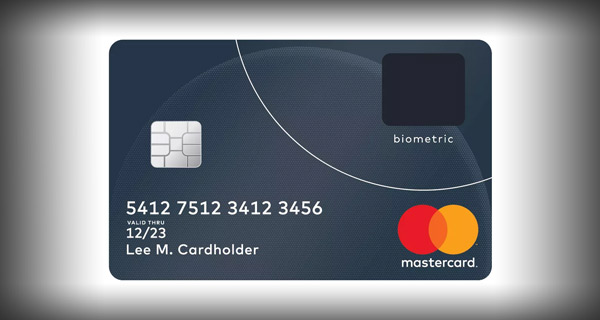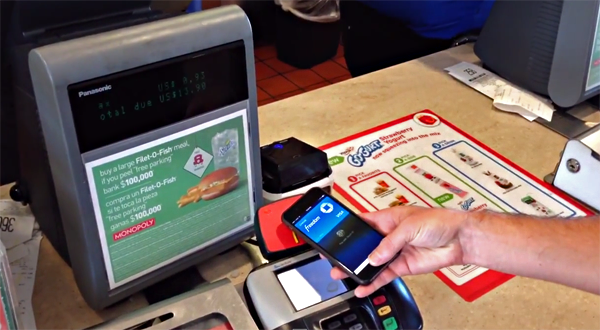Mastercard has announced that it is testing cards which include incorporated fingerprint scanners, seemingly in an attempt to improve security at a time where Apple Pay and Android Pay are gaining in popularity.
The company says that the new cards do not require any power source and are no thicker than existing cards which are already in circulation.

The cards will draw power from existing terminals as mentioned earlier, with no modification required and importantly no new equipment needed to be bought or installed by merchants – something that hampered Apple Pay adoption in the United States initially following its rollout back in the year 2014.
The new biometric cards do not require a PIN code or signature either, there are however drawbacks here that Apple Pay and competing Android Pay do not have to contend with. Right off the bat, users are inconvenienced because they have to visit a bank in order to have their fingerprint taken as it is the card company which adds the encrypted fingerprint to the card itself.
This is the opposite approach of existing fingerprint authentication methods available on smartphones where the fingerprint itself never leaves the device on which it is used, for example the Secure Enclave approach used by iPhone and iPad devices with Touch ID.

The cards will not be contactless either, at least not initially, meaning they will need to be inserted into a reader in order for them to work. Mastercard has confirmed that work is already underway in order to make wireless transactions a possibility.
As for the trials. Mastercard has already completed two of them in South Africa, and says that additional trials will also take place in Europe and Asia. The technology is currently expected to launch in the United States early next year.
You may also like to check out:
- Samsung Galaxy S8 / S8+ Vs iPhone 7 / 7 Plus [Comparison]
- How To Use Apple Pay In Unsupported Country / Bank
- This Limited Edition Galaxy S8 Boasts 24k Gold-Plated, Exotic Leather Chassis, Diamonds
- PS4 Firmware 4.50 / 4.55 Jailbreak Achieved, Claims Luca Todesco
- Jailbreak iOS 10.3.1 / 10.3 / 10.2.1 For iPhone And iPad [Latest Status Update]
You can follow us on Twitter, add us to your circle on Google+ or like our Facebook page to keep yourself updated on all the latest from Microsoft, Google, Apple and the Web.

